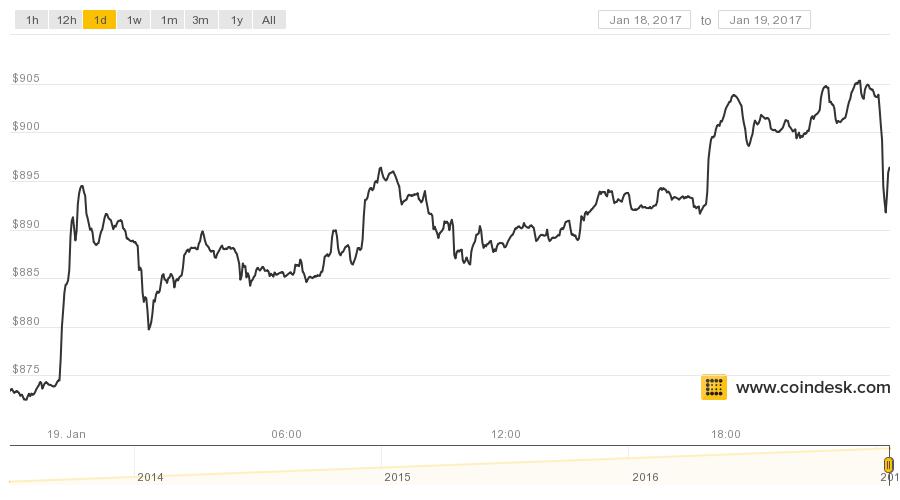Competitive Research
Who's Your SEO Competition?
Now that you've brainstormed a long list of potential keywords, you may be wondering which keywords are most important. Good question! We'll spend two lessons on competitive research to help provide some answers. First, you'll learn who's your SEO competition among the top-ranked websites.

Identify the Top-Ranked Websites for Your Keywords
In this step of the SEO tutorial, you begin to evaluate your potential keywords by finding the websites currently ranking for those terms. Knowing these "keyword competitors" helps you determine whether your site belongs in the competition for that keyword.
search query changes the game and the opponents entirely, depending on what the search engine perceives the searcher's intent to be. Identifying who's competing for a particular keyword topic can tell you what type of game is being played and whether you should even step on that field.
Some keyword competitions just won't be your game.
Since your keyword choices influence who can find your website, optimize your pages for the phrases and terms that buyers, not just masses of window shoppers, might use to find what they need. You must select keywords that interested site visitors would search for (and then make sure the content on your page answers their needs AND uses those keywords). Whatever you hope your site visitors will do (whether to make a purchase, sign up for your newsletter or other), you need to figure out which keywords those people will search for.
Fortunately, the search engines are trying to figure out the same thing — what people really want — for every search query. So the best way to tell whether a keyword could lead to a conversion on your site is to see what kinds of results the search engine delivers. If at least some of the top 10 websites offer the same types of products, services or information that yours does, then that's probably a relevant keyword worth putting on the list. But don't worry. We have another free SEO tool to make your competitive research easier.
Here's how to use the Top-Ranked Websites by Keyword tool:
- Enter a keyword or phrase below and click "Research Keyword."
- View the list of URLs returned for each search, which may be your keyword competition (more on that in a moment).
- Keep these lists of keyword competitors in your spreadsheet (next to each keyword), as these are sites you may want to analyze later.
What the Competitive Keyword Research Shows
The Top-Ranked Websites by Keyword tool lists the sites with the most top-25 rankings and shows the specific pages that rank highest for the keyword you entered.
The numbers represent each site's current (real-time) ranking position in several search engines (1 means the First position, 3 is third, etc.). Keep track of the individual page URLs that are ranked best and are your major competition (we'll identify your true competitors in a moment). The example to the right shows the top-ranking web pages for the keyword "campsites in Southern California."
Can't I just run a search? If you search directly on Google or Bing, your results are biased by your personal settings, city, and previous searches and clicks. Using our SEO tools eliminates almost all bias and personalization. This unbiased ranking information provides helpful benchmarks for SEO competitive research.
However, if you're a local business or service, you'll want to run your keywords through the search engines directly (with personalization turned off, but your location set to the market area) to see the local competitors.
Know Your True Competitors
Are all the top-ranking sites really my keyword competition? Well, yes and no. In the above example, one result is the Parks Service, an authority .gov website. Will your campground ever be able to compete against it? Probably not for this keyword. You may not consider the government or other high-clout sites (like Wikipedia) to be competitors. Nevertheless, where these and other search result giants are competing for the same SERP space, they're among your keyword competition.
Still, the results reveal what kind(s) of pages search engines think are most relevant to this keyword's perceived user intent. If ALL the top-ranking sites serve a different kind of visitor from the person you want to attract, then maybe you don't want to compete for that keyword.
For example, if your business designs go-kart tracks, should you optimize for the keyword "go-kart racing"? Looking at search results shows the answer: none of the top-ranked websites offer what your company offers. The search engine assumes that everyone searching for "go-kart racing" wants to go for a ride, so it will probably never consider your design company a relevant match.
You'd better keep doing keyword research looking for more relevant keyword phrases whose top-ranking websites include some true competitors. You can see how keyword research leads to competitive research, which leads to more keyword research, and so on. Now that you know who's your SEO competition for the important keywords, keep their URLs handy.
Chuck Reynolds
Contributor
Alan Zibluk Markethive Founding Member







